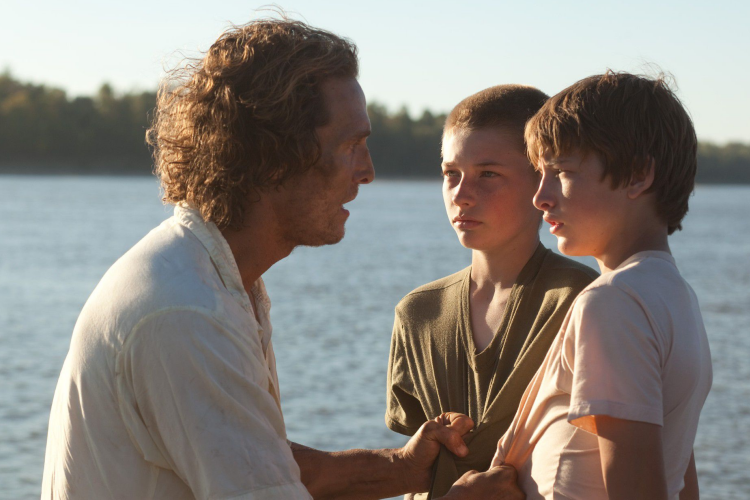Set several months before songwriter Lorenz Hart (Ethan Hawke) passes away of complications of pneumonia brought on by alcoholism, he spends a night out at the iconic restaurant Sardi's as his old songwriting partner Richard Rodgers (Andrew Scott) celebrates the premiere of Oklahoma! and goes on to have a legendary creative partnership with Oscar Hammerstein II.
Director Richard Linklater essentially composes a play to film, centering on a one-set location and tiny ensemble to steer Robert Kaplow's wondrous script. As a dialogue driven drama, there's a His Girl Friday pace to the tone of what is said. Think about anything else than what is being heard on screen, and you might miss the string of fast paced one quips Hawke hits out of the park or the painful ruminations as Hart misunderstands his essential part in theatre and fame's grand scheme.
Simultaneously revered and forgotten by his contemporaries, the old world of Hart's success and congeniality slips away as he slides further into another round and another shot, talking profusely to anyone really within earshot. The evening heavily relies on others in Sardi's to entertain his passionate observations and bruised ego - author E.B. White (Patrick Kennedy), a bartender (Bobby Carnavale), lobby pianist (Jonah Lees) among others. Most, if not all, of the movie revolves around the tempo and majesty of Ethan Hawke commanding the written word, delivering wide-eyed yet cynical monologues about life, love, art, beauty, storytelling, theatre, and music, conveyed by artists and writers Hart thinks are greater than he, all the while ignoring his own spectacular expression for universal truth through words - sung, spoken, and written.
No matter how much the introspection fuels Hawke's dazzling performance, it also at times struggles to support Hart's all-consuming fixation towards his muse Elizabeth, played by Qualley. Though their part of the story is inspired by the real letters the Hart and Elizabeth shared, there isn't a lot conveyed about the latter except how the men around her contend if she's actually beautiful or 'fuckable'. And, even her core motivation to even be in Hart's presence is that he pull through on his promise to introduce her to Rodgers. Most the running time is dedicated to building up Elizabeth who is awkwardly blocked in and out of the physical space, and mythologized by dated ideas and limited intentions. We are eventually meant to see her as Hart does, but Qualley is unfortunately left to deliver an ill-paced monologue that doesn't match the singularity of Hawke on his own or the verbal woes he shares with the respectful and frustrated Rodgers who struggles to move on from his mentor. Even though Hart and Elizabeth's reciprocity of unrequited love means to draw a deeper connection than what meets the eye, there isn't enough chemistry to make them come to life with more nuance.
If this were a 'bigger' movie, I would squabble that the trailer gives the impression of a wry quirky love triangle - the break up of a songwriter and composer duet by a stunning socialite caught in the middle. In a lot of ways, this is that movie, but the film's temperature is harder to gauge and manages to be unexpectedly emotional. Much of the charismatic ease of Blue Moon is turned on its head; it's less like a party and more like a wake, where a vibrant group of established and aspiring artists are moving head and heart first where art is leading them, all the while walking on eggshells around a beloved phantom who swears he has more life in him and yearns for more credit than what he's respectfully given. Almost as much as Hawke's all-encompassing monologues, there are as many quiet moments where an aggrieved expression of self-deprecation or far-off stance outside of the reception doubles down to feeling left out and forgotten, impeded by his own expectations - the mechanics of what transpires on-screen was inspiring but its core left me wilted and devastated. The shorthand trust between Linklater and Hawke is evident from the opening scene - after all they've spent twenty years collaborating together on a variety of projects; ten of which were intermittently spent revisiting Kaplow's mammoth script. Their collective care and magic makes this quite the miracle in our algorithm driven age, where the warm haze of Sardi's welcomes you, like Hart, to stay for a while; soak it in, think, dream a little, laugh, cry, listen to a story or two, wear your heart on your sleeve - there might be something to learn, and even a time gone by to wistfully mourn for.
Rating: ★★★★☆









